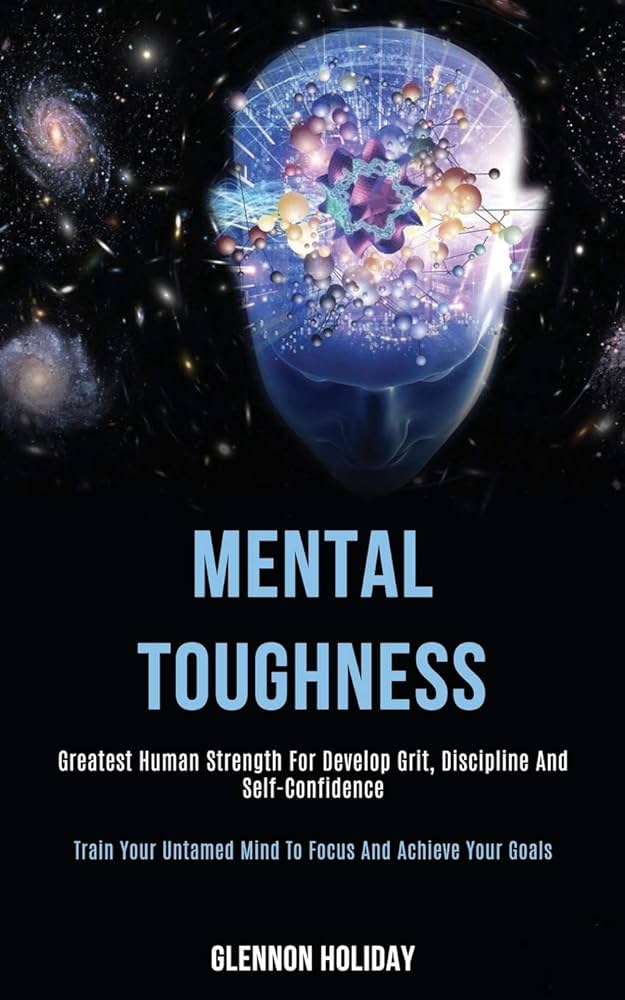
Title: Why Karma Is Not a B**h: Grasping the Genuine Essence of Karma
“Karma’s a b**h!” This expression circulates widely in pop culture and on social media, often delivered with a sense of smug satisfaction when we witness someone we deem deserving facing adversity. A celebrity’s scandal, a public downfall, or an influencer enduring criticism — and swiftly, the internet exclaims, “That’s karma!”
But what if our understanding of karma is fundamentally flawed?
We often depict it as a cosmic enforcer, an unseen referee meting out punishment to those who have it coming. While this oversimplified portrayal may feel gratifying, it doesn’t withstand deeper examination. Karma is not petty vengeance. It is intricate and, at its core, empowering.
Let’s explore why karma is not a b**h, but a means for personal growth and a call to mindful living.
Comprehending Karma: Action, Not Judgment
Fundamentally, “karma” is a Sanskrit term meaning “action.” In Eastern philosophies such as Hinduism, Buddhism, and Jainism, karma encompasses the actions we perform — whether physical, mental, or verbal — and the natural consequences that arise from them over time.
Karma is not about punishment or reward; it is about cause and effect. It is not a cosmic overseer tallying scores; instead, it is a universal law, akin to gravity. You jump, you descend. You act, and you face the outcomes of those actions — whether immediately or eventually.
Thus, karma does not operate as a “gotcha!” mechanism — it resembles planting seeds. Plant apple seeds, and you’ll cultivate apple trees. Plant thistles, and you shouldn’t expect to harvest grapes. Your intention, awareness, and effort act as the soil, water, and sunlight nurturing those outcomes.
Karma Represents Responsibility
Why is this deeper insight crucial? Because it empowers you.
In a world that frequently appears chaotic and unpredictable, it’s easy to succumb to the belief that life simply happens “to” us. Bad luck, treacherous bosses, or relationship turmoil may feel entirely beyond our control. Misunderstood karma can even give us a false sense of satisfaction when others encounter hardship — convincing ourselves they “got what they deserved.”
However, lived reality is far more nuanced than instant justice. Good individuals may endure difficulties, while those we perceive as “bad” seem to glide through life effortlessly. If karma were solely about tit-for-tat justice, this would be perplexing.
Instead, karma encourages personal accountability. It prompts us to consider: What energy are we contributing to the world? What habits are we establishing through our thoughts and actions?
We are not merely passengers on a roller coaster dictated by fate — we are the architects of our own journey.
Behavioral Patterns: The Inner Karma
The power of karma stems from its internal operation before it manifests externally. Our thoughts shape our actions. Our actions create patterns. Those patterns develop into habits, which gradually become what we perceive as our “personality.”
Within this framework, karma is the conditioning developed through repeated behaviors, influencing both our experiences of the world and how the world reciprocates.
Have you ever observed how your mood colors your reality? When you are hopeful and present, you notice synchronicities — the right phone call, the ideal opportunity, doors opening that you didn’t even know existed. Conversely, when mired in hopelessness or lethargy, the world often reflects it: canceled plans, misunderstandings, and increasing setbacks. In this light, karma shifts from being a cosmic punishment to a feedback loop.
Are You the Driver or the Passenger?
This raises a pivotal question: Are you operating on autopilot, or are you intentionally shaping your path?
Karma does not ensnare us — it merely mirrors our recurring tendencies. If we remain oblivious to those patterns, we unknowingly meander in circles. However, with awareness comes the ability to reshape our trajectory — to convert habit into conscious choice.
This metamorphosis is what Eastern philosophies refer to as liberation. Liberation from suffering, from constraints, and from the psychological patterns that hinder our progress. Karma is not the jailer; unconsciousness serves that role. Karma simply echoes it.
Altering the Cycle: Karma Yoga and Conscious Action
The encouraging news? Karma is not immutable. It is adaptable. You need not wait for countless lifetimes to evolve. With awareness, the cycle can begin to dissolve.
Enter Karma Yoga — the Yogic path of action.
Karma Yoga instructs us to act with intentional selflessness, free from attachment to outcomes. It does not advocate for abandoning ambition or eschewing productivity; rather, it encourages engaging in your work wholeheartedly, unburdened by the desire for likes, applause, or validation.
It’s about operating from a standpoint of integrity, not ego. The purity of intention is what defines the quality.